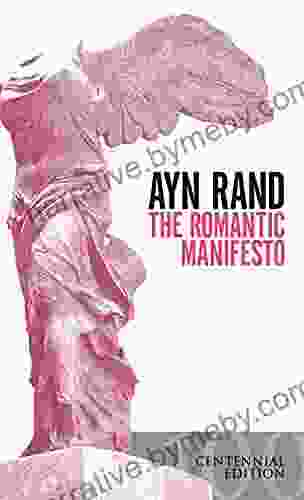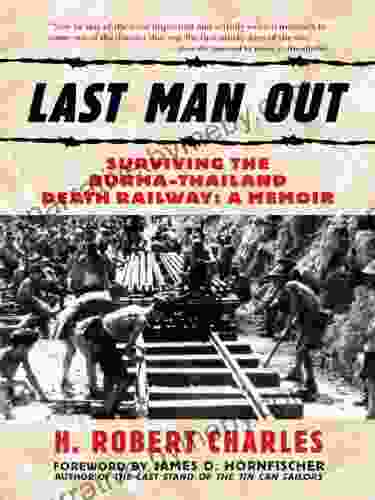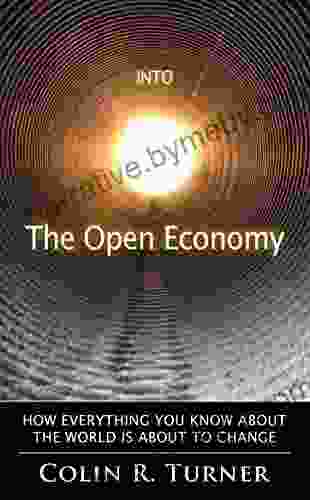The Romantic Manifesto: Ayn Rand's Vision for a Free and Rational World

In her 1969 book The Romantic Manifesto, Ayn Rand argues for a fundamental shift in our understanding of the human condition. She rejects the collectivist and statist ideologies that have dominated the 20th century, and instead proposes a vision of a free and rational world based on the principles of reason, individualism, and freedom.
Rand begins by arguing that the Romantic movement was a profound revolution in human thought. The Romantics, she says, were the first to recognize the importance of the individual and the value of subjective experience. They rejected the Enlightenment's emphasis on reason and objectivity, and instead celebrated the power of the imagination and the emotions.
4.8 out of 5
| Language | : | English |
| File size | : | 1825 KB |
| Text-to-Speech | : | Enabled |
| Screen Reader | : | Supported |
| Enhanced typesetting | : | Enabled |
| X-Ray | : | Enabled |
| Word Wise | : | Enabled |
| Print length | : | 208 pages |
Rand believes that the Romantic movement was ultimately a failure, however. She argues that the Romantics were too pessimistic and too willing to embrace irrationality and mysticism. They failed to develop a coherent philosophy that could guide human action in the real world.
Rand's own philosophy, Objectivism, is an attempt to correct the mistakes of the Romantic movement. Objectivism is based on the premise that reality is objective and that human beings are rational. Rand argues that we can only achieve happiness and fulfillment by living in accordance with reality and by pursuing our own rational self-interest.
The Romantic Manifesto is a powerful and passionate defense of the values of reason, individualism, and freedom. Rand's writing is clear, concise, and persuasive. She makes a compelling case for her philosophy, and she challenges her readers to think critically about the world around them.
Whether you agree with Rand's philosophy or not, The Romantic Manifesto is a valuable and important book. It is a reminder of the importance of reason and individualism, and it is a powerful critique of the collectivist and statist ideologies that have dominated the 20th century.
Key Themes in The Romantic Manifesto
- The importance of reason: Rand argues that reason is the only way to understand the world and to achieve our goals. She rejects the Romantic emphasis on emotion and intuition, and she insists that we must base our actions on objective facts.
- The value of individualism: Rand believes that the individual is the most important unit of society. She rejects the collectivist idea that the group is more important than the individual, and she argues that we should each be free to pursue our own happiness and goals.
- The necessity of freedom: Rand argues that freedom is essential for human well-being. She believes that we must be free to think, speak, and act as we choose, and that we should not be subject to the dictates of others.
Rand's Critique of Collectivism and Statism
Rand argues that the collectivist and statist ideologies that have dominated the 20th century are fundamentally flawed. She believes that these ideologies are based on the false premise that the group is more important than the individual, and that they lead to tyranny and oppression.
Rand's critique of collectivism is based on the following arguments:
- Collectivism is based on the false premise that the group is more important than the individual. Rand argues that the individual is the most important unit of society, and that we should each be free to pursue our own happiness and goals.
- Collectivism leads to tyranny and oppression. Rand argues that when the group is placed above the individual, the individual's rights are inevitably violated. She cites the example of the Soviet Union, where collectivism led to the deaths of millions of people.
Rand's critique of statism is based on the following arguments:
- Statism is based on the false premise that the state is omnipotent and omniscient. Rand argues that the state is a limited institution that is incapable of solving all of society's problems.
- Statism leads to tyranny and oppression. Rand argues that when the state is given too much power, it will inevitably use that power to suppress dissent and to control the lives of its citizens.
Rand's Vision for a Free and Rational World
Rand's vision for a free and rational world is based on the principles of reason, individualism, and freedom. She believes that we can only achieve happiness and fulfillment by living in accordance with reality and by pursuing our own rational self-interest.
Rand's ideal society would be one in which individuals are free to think, speak, and act as they choose. There would be no government coercion or interference in the lives of individuals. Instead, people would be free to pursue their own happiness and goals, and they would be responsible for their own actions.
Rand's vision for a free and rational world is a challenging one. It requires us to reject the collectivist and statist ideologies that have dominated the 20th century, and to embrace the values of reason, individualism, and freedom.
The Romantic Manifesto is a powerful and passionate defense of the values of reason, individualism, and freedom. Rand's writing is clear, concise, and persuasive. She makes a compelling case for her philosophy, and she challenges her readers to think critically about the world around them.
Whether you agree with Rand's philosophy or not, The Romantic Manifesto is a valuable and important book. It is a reminder of the importance of reason and individualism, and it is a powerful critique of the collectivist and statist ideologies that have dominated the 20th century.
4.8 out of 5
| Language | : | English |
| File size | : | 1825 KB |
| Text-to-Speech | : | Enabled |
| Screen Reader | : | Supported |
| Enhanced typesetting | : | Enabled |
| X-Ray | : | Enabled |
| Word Wise | : | Enabled |
| Print length | : | 208 pages |
Do you want to contribute by writing guest posts on this blog?
Please contact us and send us a resume of previous articles that you have written.
 Book
Book Novel
Novel Page
Page Chapter
Chapter Text
Text Story
Story Genre
Genre Reader
Reader Library
Library Paperback
Paperback E-book
E-book Magazine
Magazine Newspaper
Newspaper Paragraph
Paragraph Sentence
Sentence Bookmark
Bookmark Shelf
Shelf Glossary
Glossary Bibliography
Bibliography Foreword
Foreword Preface
Preface Synopsis
Synopsis Annotation
Annotation Footnote
Footnote Manuscript
Manuscript Scroll
Scroll Codex
Codex Tome
Tome Bestseller
Bestseller Classics
Classics Library card
Library card Narrative
Narrative Biography
Biography Autobiography
Autobiography Memoir
Memoir Reference
Reference Encyclopedia
Encyclopedia Azra Raza
Azra Raza Edward R Lachapelle
Edward R Lachapelle Barbara Sheklin Davis
Barbara Sheklin Davis Ayano Yamane
Ayano Yamane Barbara Savage
Barbara Savage Bb Prescott
Bb Prescott Sarah Heckford
Sarah Heckford Audrey Penn
Audrey Penn Cecil King
Cecil King N B Grace
N B Grace Augusto Boal
Augusto Boal Barry Eisler
Barry Eisler Misty Black
Misty Black Betty J Ackley
Betty J Ackley Lydia Maria Gurney
Lydia Maria Gurney B D Mccullough
B D Mccullough Augustus Numley
Augustus Numley Shawn Waldron
Shawn Waldron Ayesha Curry
Ayesha Curry Paul Hallas
Paul Hallas
Light bulbAdvertise smarter! Our strategic ad space ensures maximum exposure. Reserve your spot today!
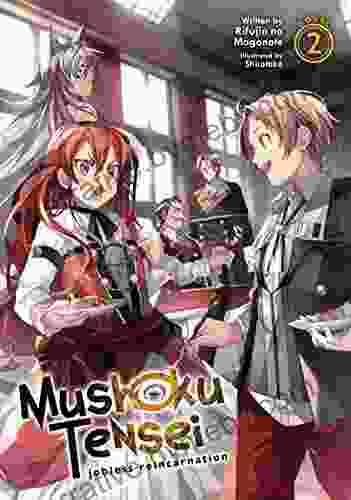
 Brent FosterUnveiling the Enchanting World of Mushoku Tensei: Jobless Reincarnation Light...
Brent FosterUnveiling the Enchanting World of Mushoku Tensei: Jobless Reincarnation Light... Glenn HayesFollow ·8.9k
Glenn HayesFollow ·8.9k Gerald ParkerFollow ·16.1k
Gerald ParkerFollow ·16.1k Zachary CoxFollow ·2.2k
Zachary CoxFollow ·2.2k Colin FosterFollow ·9.9k
Colin FosterFollow ·9.9k Jeff FosterFollow ·8.2k
Jeff FosterFollow ·8.2k Jason ReedFollow ·14.9k
Jason ReedFollow ·14.9k Derek BellFollow ·9.4k
Derek BellFollow ·9.4k Jay SimmonsFollow ·17.3k
Jay SimmonsFollow ·17.3k

 Ian McEwan
Ian McEwanWhy Didn't Anyone Say Anything? Uncovering the Hidden...
By [Author's...
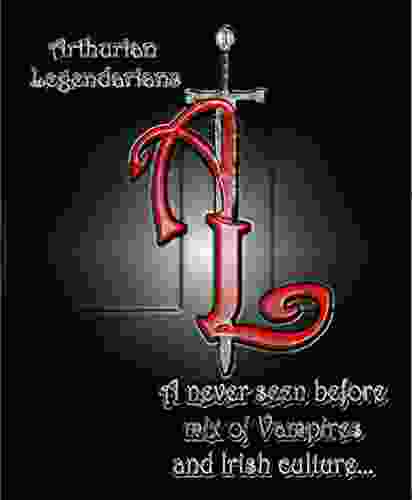
 William Wordsworth
William WordsworthArthurian Legendarians: Faithless One - Part One – A...
In the realm of legendary tales, the...

 Corey Hayes
Corey HayesSSAT ISEE Prep Test: Arithmetic Review Flash Cards Cram...
Are you preparing for the SSAT or ISEE exam?...
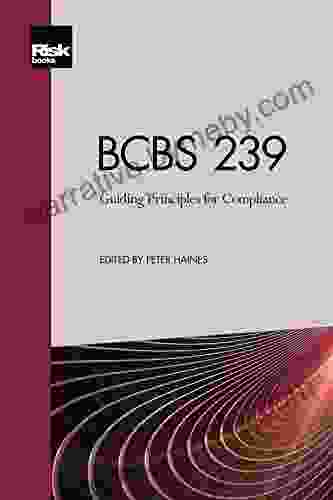
 Robert Louis Stevenson
Robert Louis StevensonUnveiling the Essential Guide to Compliance: BCBS 239...
In the ever-evolving...
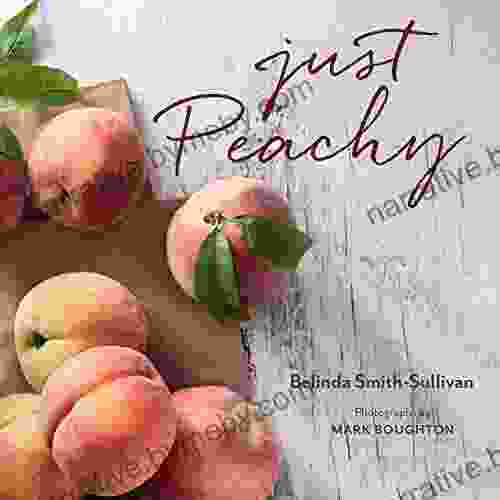
 Javier Bell
Javier BellJust Peachy: A Tale of Sweetness and Sassiness
Immerse yourself in a...
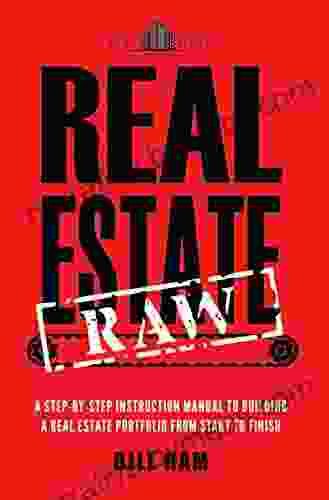
 Brent Foster
Brent FosterStep-by-Step Instruction Manual to Building a Real Estate...
Are you eager to embark on the...
4.8 out of 5
| Language | : | English |
| File size | : | 1825 KB |
| Text-to-Speech | : | Enabled |
| Screen Reader | : | Supported |
| Enhanced typesetting | : | Enabled |
| X-Ray | : | Enabled |
| Word Wise | : | Enabled |
| Print length | : | 208 pages |


